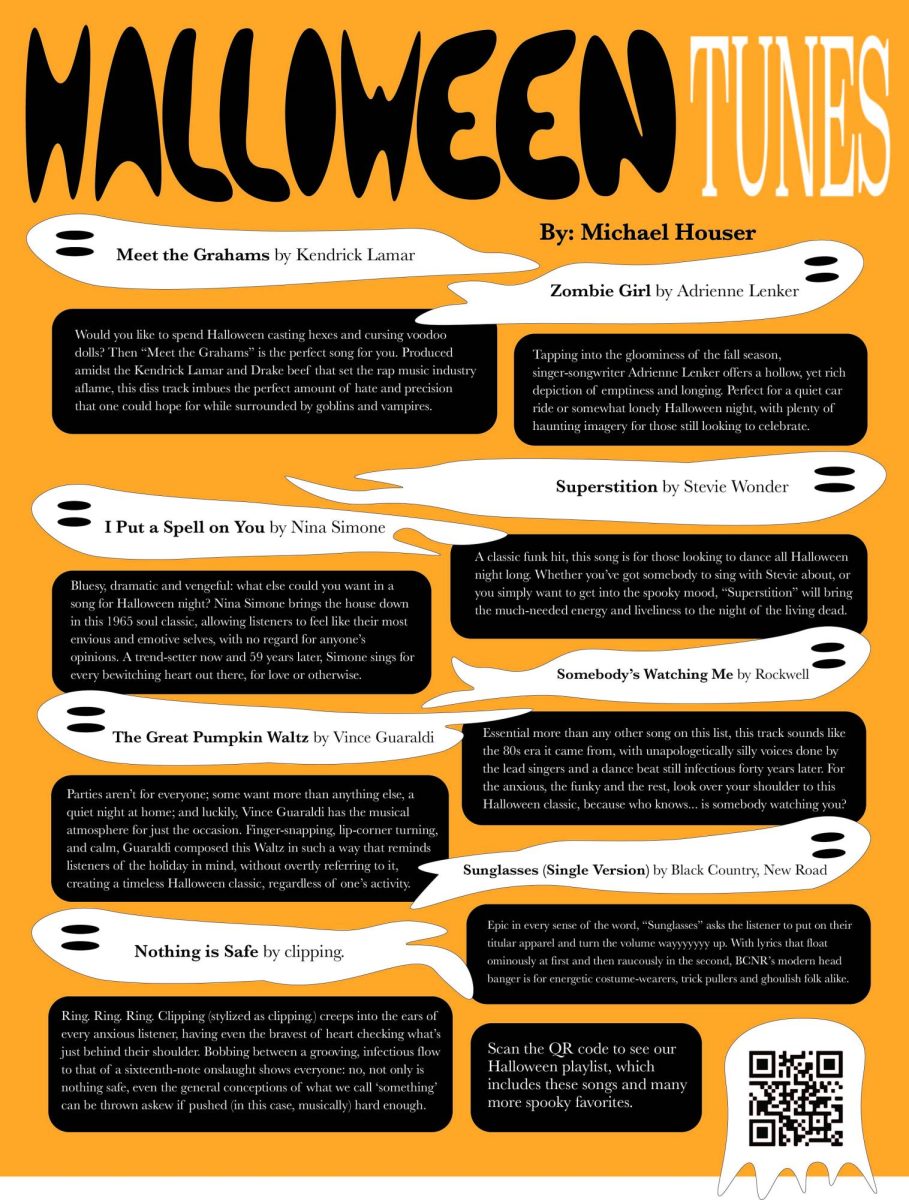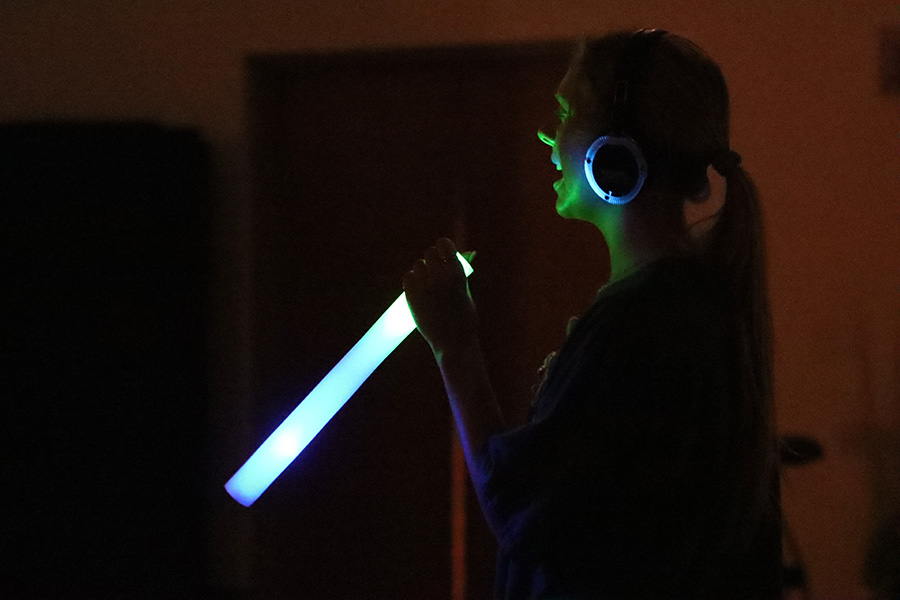<br/>Attwaction, jaloofaboo, politweet, twaffic, and twader. Feeling confused? These are just a few words pulled from a new coming-of-age language that only faithful Twitterers speak.Attwaction, jaloofaboo, politweet, twaffic, and twader. Feeling confused? These are just a few words pulled from a new coming-of-age language that only faithful Twitterers speak.
Attwaction, jaloofaboo, politweet, twaffic, and twader. Feeling confused? These are just a few words pulled from a new coming-of-age language that only faithful Twitterers speak.
Since the 2006 creation of the social networking and microblogging site Twitter, an estimated 6 million have logged on to see what all the fuss is all about.
Baker professors and students have also begun joining the social site. Last spring, after having discussions in class about Twitter, Joe Watson, assistant professor of mass media and communication, made the decision to create an account last spring.
“For me it was not what I was putting out, but what others are doing on Twitter,” Watson said
The basic setup of Twitter is simple. It allows its members to both send and receive messages, which are called ‘tweets.’ These tweets are post updates of up to 140 characters shown on the member’s profile page. This is then sent to the author’s subscribers, who are called ‘followers.’
Being able to follow a particular person or organization seems to have its appeal to those who join the site. After hearing about Twitter on the radio, sophomore Sarah Seekins benefits from being able to show support for, and stay up-to-date on, political issues.
“I use it to follow the Baker Orange, Texts from Last Night and my local home news,” Seekins said. “I really like it when it comes to political movements, like with the Iran conflict and the presidential election. I watched for feed updates. It is a cool way to show support.”
Kayi Esse, a sophomore, set up a profile after hearing about it through a friend, and enjoys the ability to read what different celebrities are up to.
“I like that you can follow people like celebrities,” Esse said. “It is fun to see updates. Ashton Kutcher updates his Twitter a lot.”
Bruce Anderson, assistant professor of political science, does not follow a long list of celebrities. However, he sees the communication benefits of Twitter, and also sees news benefits.
“I had an account six months ago, though I did not start using it until I started blogging,” Anderson said. “It is a good way to communicate with people you do not normally talk to.
Twitter is helpful when it comes to material about breaking news. It allows one-liner news feed, which can keep being updated.”
It is hard to tell at this point if Twitter is here to stay or if it is just another craze. With each year, its audience has continued to nearly double.
"It is at a point which society is making it worthwhile, trendy and hip," Watson said. "It makes you wonder how truly worthy and meaningful it will be later, how many do eventually." <br/>&#160;






